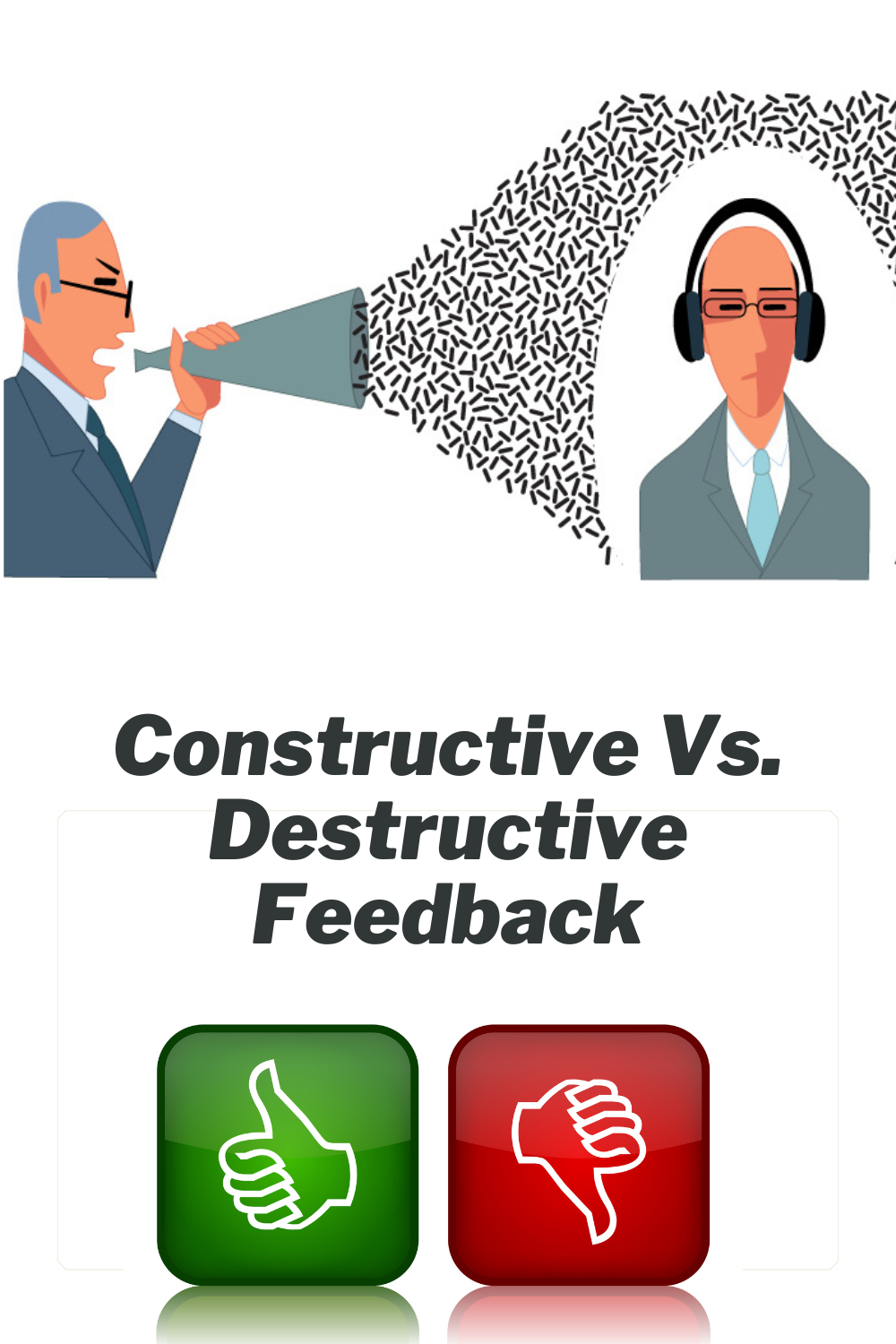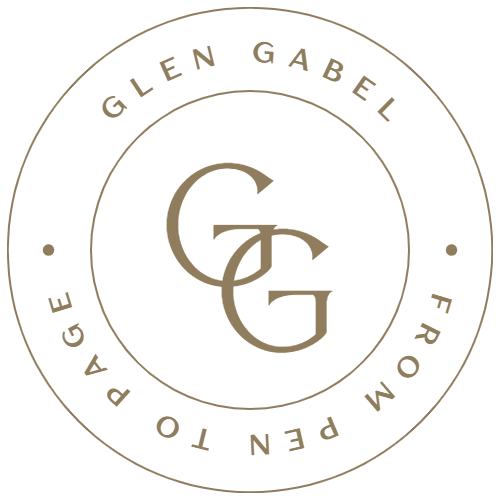
If you’ve ever put pen to page and then had the “balls” to allow others to read it – you’ve no doubt gotten some kind of feedback – of which some will be bad. And you, like every single author or writer before you, has no doubt had the internal debate on how to react to it.
Who is this idiot anyway?
Maybe they have a point?
How could they think that?
God, I’m a terrible writer.
These are common questions every author asks themselves when they face criticism of their work. You’re not alone in feeling and thinking these thoughts, but how you gauge their worth is what will determine whether you feel confident to continue displaying your work for the public.
First, know this. Your work is your own. Your experiences, wording, visuals, and plot are completely valid and WORTHY of being read by others. No one has the right to belittle your story or your point of view or themes. They will of course, that’s standard for the internet troll culture we live in, but don’t ever doubt your work’s integrity.
Secondly, consider the source of the feedback. An often cited quote (attributed to multiple celebrities) reads: “Opinions are like assholes, everyone has one.” Not every critique comes from a person who’s all that interested in your work, has any valid experience or expertise on the subject matter, or even hopes to see your book or creative project do well. They may be a competitor, they may feel the need to “weigh in” and sound important to others, they may have aphasia and literally can’t piece together more than a few sentences in their heads. Who knows? So don’t take it personally if you get a particularly nasty review.
Third – understand the difference between constructive and destructive feedback.
- Constructive feedback is detailed, not generic, it cites specific examples of a problem or something in your work that doesn’t connect with the reviewer AND offers ideas on how to fix it. If it’s something that can’t be fixed (i.e. a major thematic element or plot point) – it’s not worth considering.
- Constructive feedback recognizes what DOES work in your writing or performance and acknowledges it.
- Constructive feedback has no ulterior motive (as mentioned above) – it’s not selfish. The reviewer doesn’t stand to gain anything from tearing you down.
It’s a thin line to walk between protecting your work and being too self-involved and prideful to listen to valid criticisms, so don’t shy away from hearing what your critics have to say. Constructive feedback can help you write better, and ultimately improve your story’s quality. Utilizing the right mental filter to sort the critiques from the opinions will keep you sane as you hone your craft.

